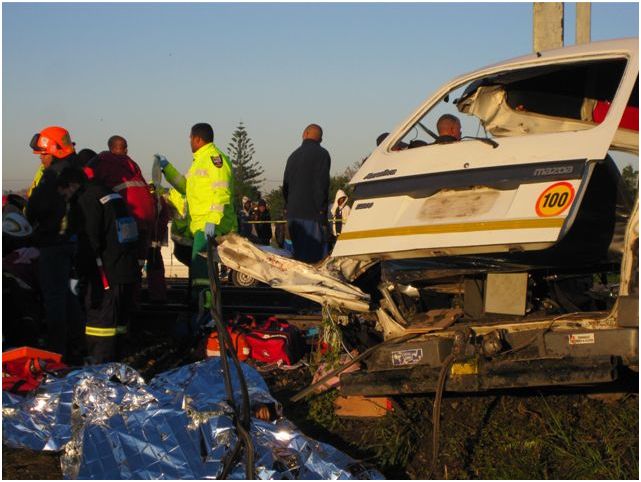(Paris, 13 April 2011) The 1st UIC World Congress on Rail Training was successfully held on 6-8 April 2011 at the Higher Technical School of Industrial Engineering within the Technical University of Madrid (Universidad Politécnica de Madrid – UPM). Some 170 delegates representing 34 countries from all continents attended this first UIC congress dedicated to rail training and educational issues, among them heads of railway human resources departments, railway training centres and academies, consultancies, universities, national rail safety agencies, regulatory authorities and railway manufacturers.
This first worldwide event on rail training was organised at the initiative of the UIC Expertise Development Platform – chaired by Alexander Netolicky from Austrian Federal Railways ÖBB – and sponsored by DB Training, CITEF, Funkwerk, Lloyd’s register and CETREN. The two and a half days’ congress featured a combination of plenary sessions, workshops and technical visits.
An exhibition supported by training providers and technology specialists was held in parallel. The congress offered an opportunity for delegates to explore examples of best practice in different areas, such as defining training needs, training methodologies, training design and delivery, assessment, skills fade and optimisation of competence retention.
The results of the comparative study on railway training provision for safety critical job positions in Europe which was commissioned from the University of Würzburg by the UIC European network of rail training centres was also presented and discussed.
Throughout the different presentations, workshops and discussions, the following topics were raised as fundamental issues that world rail training providers will have to tackle in the near future.
• The demographic challenge and the need to secure the next generation of rail transportation employees
• The need to define training needs, integrating non-technical skills in order to optimise learning
• The need for rail training providers to address the topic of measuring ROI (Return On Investment). Training is an investment which delivers measurable
benefits in relation to business performance, financial returns and workforce productivity, and its ROI can and should be calculated like any other
investment. The lack of systematic and empirical studies on transfer-of-training effects has a negative impact on the perception of training
• The loss of “corporate memory” in railway companies and the need to optimise competence retention, particularly in safety critical roles
• The importance of organisational learning
• The contradiction between the role of the trainer as a key player in the development of railway employees’ competences and skills (hence a safe and
interoperable railway) and the comparatively low recognition of the job and consequent difficulty in recruiting new, qualified trainers
• The need to invest in new training approaches (partly due to decreasing resources)
The success of the congress and the intensive exchanges between participants proved the value of organising opportunities for networking and promoting a regular professional dialogue among the rail training providers.
